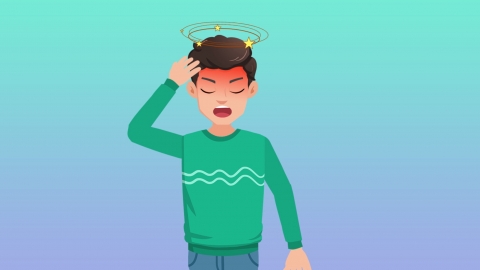What are the side effects of Zopiclone?
Generally, the common dosage forms of Zopiclone include Zopiclone tablets and Zopiclone capsules. Zopiclone is a sedative-hypnotic medication primarily used for the treatment of insomnia. Possible side effects of zopiclone may include bitter taste or dry mouth, drowsiness, headache and dizziness, nausea and vomiting, muscle weakness, etc. Detailed explanations are as follows:

1. Bitter Taste or Dry Mouth
The ingredients of zopiclone may affect the salivary glands, leading to reduced saliva secretion. Therefore, some patients may experience a bitter taste or dry mouth after taking zopiclone. This side effect usually is mild, and symptoms will gradually disappear as the drug is metabolized and excreted.
2. Drowsiness
Zopiclone has a sedative-hypnotic effect; therefore, patients may feel fatigue or drowsiness after taking the medication. This is a normal manifestation of the drug's therapeutic effect but may also impact the patient's daily life and work.
3. Headache and Dizziness
Zopiclone may affect the central nervous system, so some patients may experience dizziness and headaches after taking the medication, resulting in mild head discomfort. Usually, these symptoms will gradually improve after discontinuation of the medication.
4. Nausea and Vomiting
Zopiclone may irritate the gastrointestinal tract; therefore, some patients may experience nausea and vomiting after taking zopiclone. If symptoms of nausea and vomiting are severe, patients should seek medical attention promptly, so that doctors can adjust the treatment plan or provide appropriate symptomatic treatment.
5. Muscle Weakness
Ingredients in zopiclone may cause muscle relaxation; therefore, a small number of patients may experience muscle weakness. Patients with myasthenia gravis should not use zopiclone, as it may exacerbate their condition.
When using zopiclone, be sure to follow medical advice, pay attention to physical reactions, and seek medical attention promptly if discomfort occurs. Also, avoid concurrent use with other central nervous system depressants, such as alcohol, to prevent increasing the risk of side effects.









